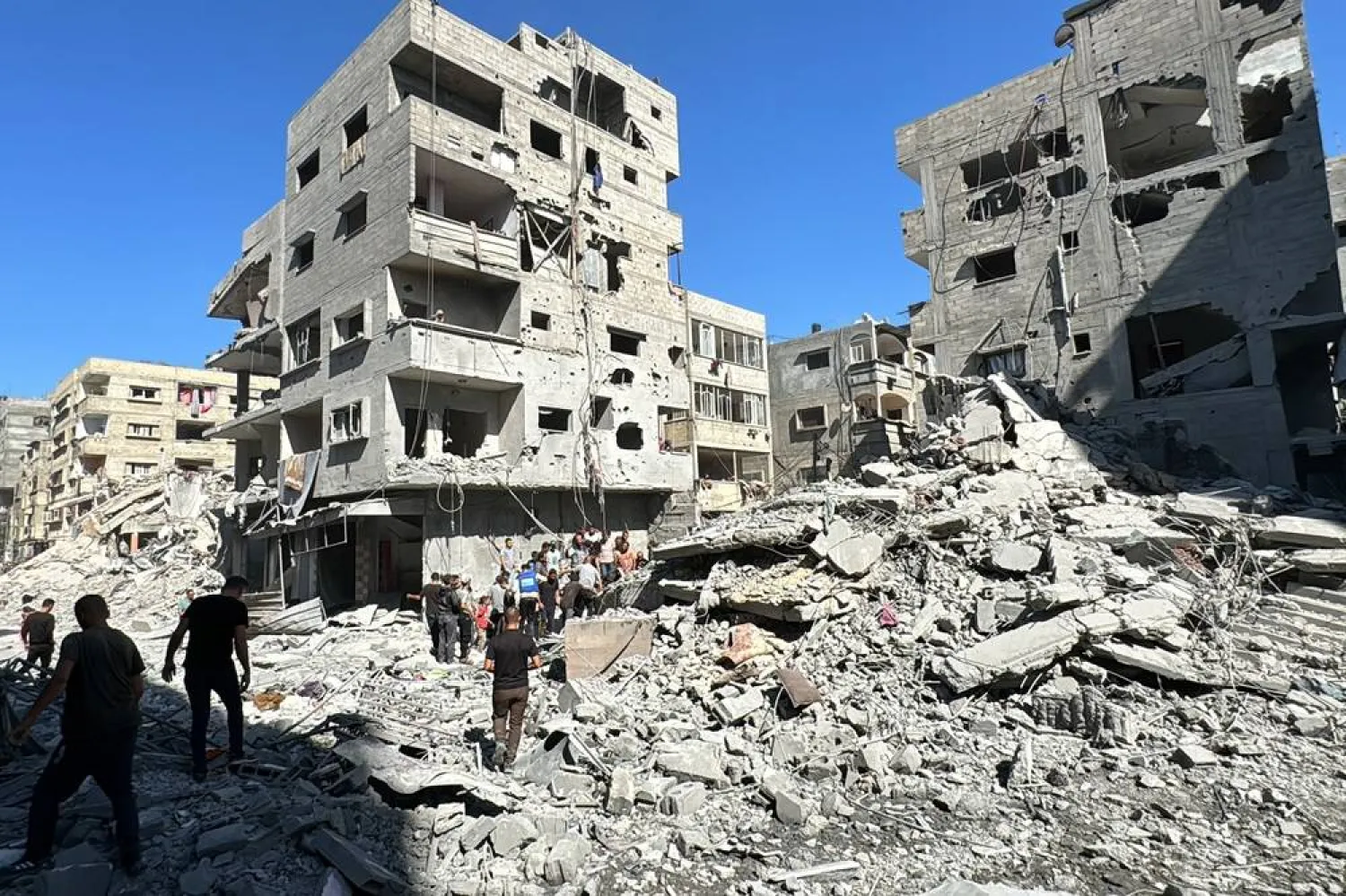The United Nations chief condemned on Monday the widespread and ongoing loss of life in Gaza, including Israeli airstrikes on hospitals and homes that result in the deaths of civilians.
Secretary-General Antonio Guterres singled out Israeli airstrikes on homes Saturday night into Sunday morning in the town of Beit Lahia in northern Gaza. The airstrikes left at least 87 people dead or missing, according to the Gaza health ministry, which doesn’t distinguish between civilians and combatants. The Israeli military said it struck a Hamas target.
UN humanitarian officials also reported that Israeli authorities for the fourth day denied them access to the Falouja neighborhood of the sprawling Jabalia refugee camp in northern Gaza.
UN deputy spokesman Farhan Haq said officials wanted access “to help those trapped under the rubble." Delays would cost lives, he added.
Haq also said UN humanitarian officials also reported that Israel denied a separate request Monday to distribute food, medicine and fuel to power water facilities and electricity in Jabaliya.
Israel also denied 28 UN requests to deliver humanitarian aid to Jabaliya, Beit Hanoun and Beit Lahiya in the north between Oct. 6-20, he said, adding that seven other requests “faced impediments.”
Israel reopened the Erez West crossing a week ago, but Haq said collecting supplies “remains challenging due to insecurity and long delays.”









